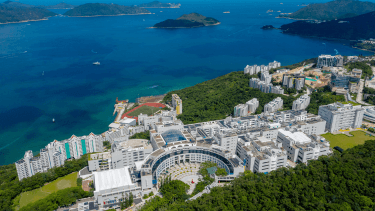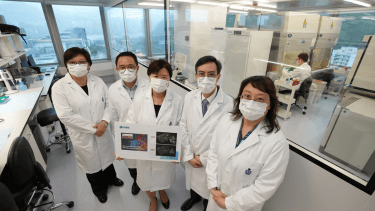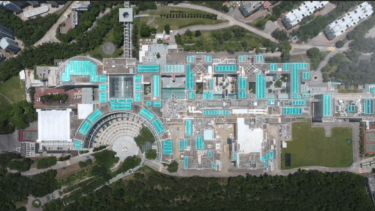
Neuroscientist, researcher, and the Fifth President of HKUST, Prof. Nancy Ip is a notable brain behind the study of brains. She has channeled her passion, curiosity, and devotion into valuable scientific advances — for her field of study, for HKUST, and for the region and beyond.
Prof. Nancy Ip completed a PhD in Pharmacology at Harvard Medical School in 1983. This was where, under the tutelage of the esteemed Prof. Richard Zigmond, Prof. Ip was mesmerized by the complexity of the brain and how much of its function remains unknown. Fast forward almost forty years and Prof. Ip is a world-renowned molecular neuroscientist who has significantly advanced the neuroscience field through pioneering research, making outstanding contributions both locally and globally.
In the 2010s, Prof. Ip assembled a research team dedicated to advancing the diagnosis, monitoring, and therapeutics of Alzheimer’s disease (AD) in China. It is predicted that by 2050, there will be more than 40 million Alzheimer’s patients in China alone. Yet over 90 percent of research papers are based on data from patients of European descent. Prof. Ip realized that these findings needed to be validated across ethnic groups. Her team has since undertaken genetic studies on Chinese Alzheimer’s patients and protein profiling studies using patient blood samples, leading to the development of ultrasensitive blood-based protein detection technologies and a non-invasive, highly accurate diagnostic blood test for early diagnosis. “I am so proud of the blood test,” says Prof. Ip. “It is currently the most comprehensive study of blood proteins in AD patients in the world.” Another significant advancement is the development of a brain-wide genome editing technology with demonstrated potential to curb Alzheimer’s pathologies in the brain through a single jab.
“With the advancement of ultrasensitive blood-based protein detection technology, we have developed a simple, non-invasive, and accurate diagnostic solution for AD, which will greatly facilitate population-scale screening for the disease.” – Prof. Nancy IP
Prof. Ip’s impact on Hong Kong’s research landscape can also be seen in her role as a Hong Kong deputy to the National People’s Congress, in which she has constantly advocated for cross-boundary collaboration at a higher level. In 2018, she took the initiative, alongside other Hong Kong-based fellows of the Chinese Academy of Sciences and the Chinese Academy of Engineering, to request the Central Government to make cross-boundary remittance of Mainland science and research funding to Hong Kong, which succeeded, improving the flow of funding and resources into Hong Kong. This will certainly give a boost to scientific research in the region, enhancing the overall competitiveness of the Greater Bay Area.
Prof. Ip’s commitment to growth and development is evident on many fronts, from personal and institutional to regional and national. Having progressed steadily through the ranks from a junior faculty member to the President of HKUST in three decades, she is grateful to have the opportunity to grow with the institution that she finds much pleasure working at. As she turns a new page in her career, she is equally excited to see the university realize its strategic vision of HKUST 2.0, starting with the opening of HKUST (Guangzhou), which will unleash exceptional opportunities for discovery, learning, and innovation.
Upon being chosen as President, Prof. Ip said, “I am humbled by the trust placed in me, and I will work tirelessly to build upon our foundation of excellence as we embark on HKUST 2.0, the next chapter of our university’s development.” Since the opening of the new campus in Guangzhou, HKUST has been enjoying expanded capabilities and resources, wider expertise, and stronger support for both exploratory and mission-encouraged research, all of which being available to our members on both campuses, she added.










